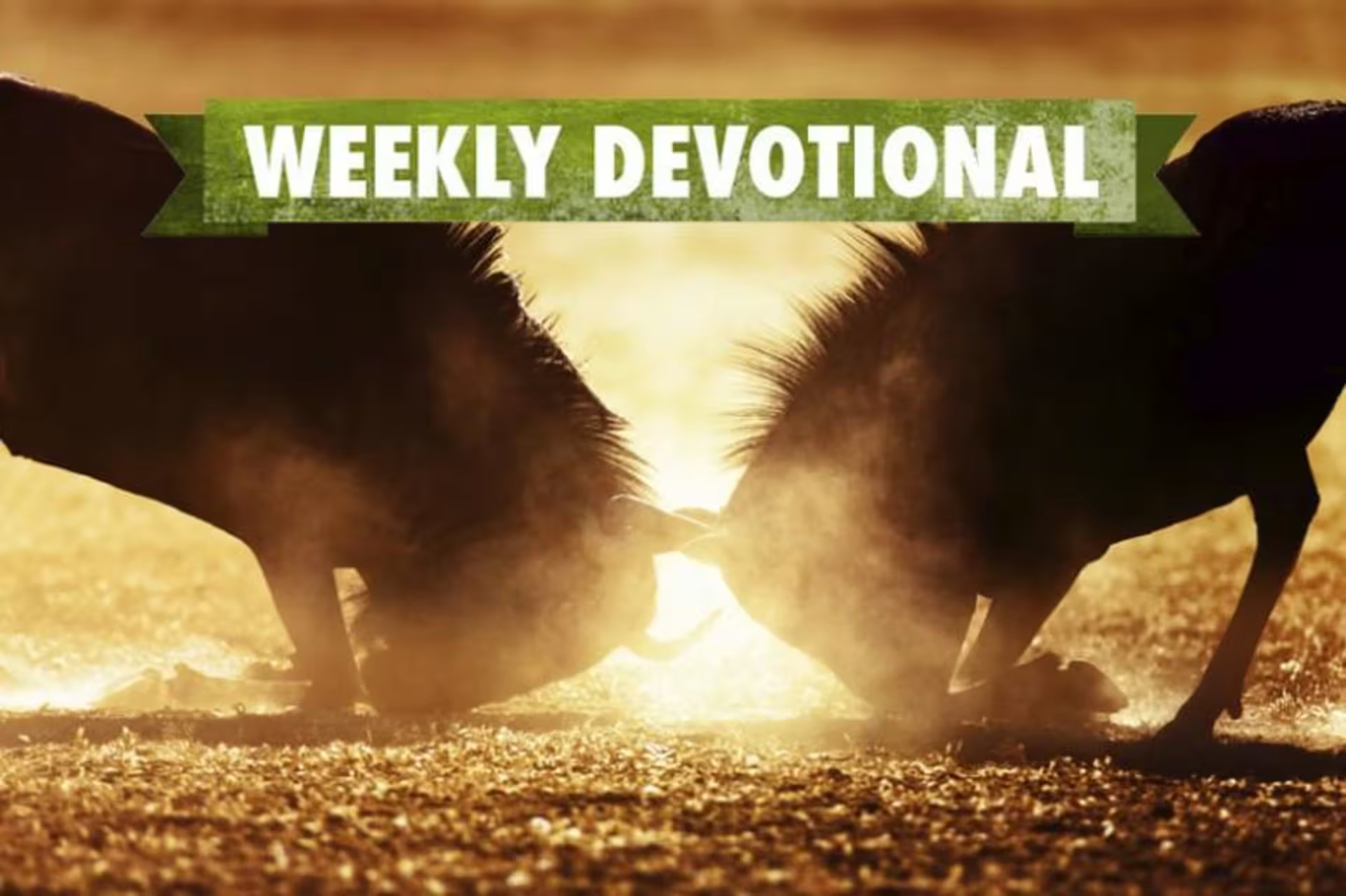Read time 5 minutes
Published on Dec 11, 2015
“In the beginning God created the heavens and the earth. Now the earth was formless and empty, darkness was over the surface of the deep, and the Spirit of God was hovering over the waters. And God said, ‘Let there be light,’ and there was light.” (Genesis 1:1-3)
The Wheels of History
The story of our world, some say, can only be told in blood.
Animals fight over marked territory in the wild, clawing, biting, pulling and screaming until one yields their life to the other.
Untamed plants consume sunlight and water, forcing their way out of the ground into the canopy, aggressively expanding and reaching their leafy hands up, up, up.
Fingers wish to see open air, stopping at nothing to tower over creation atop some unseen summit.
Some of the earliest human ideas about our universe’s origins are rooted in violence, watered by the blood of the gods.
The Enuma Elish is recognized as one of the earliest recorded creation tales. In it, a group of younger gods conspire to kill the elder gods, universal rule hanging in the balance. By the end, the youngest of the gods, Marduk, wins control after he murders Tiamat, an elder goddess, and uses her corpse to create the universe. His deadly power makes him worthy to be praised as the god of all creation, the god of all gods.
This myth basically serves as a metaphor for an ancient school of thought regarding the engine of the universe.
Order from chaos.
Peace through violence.
Creation through destruction.
These ideas lay the foundation for the concept of redemptive violence, a philosophy that has shaped history into the modern world. This line of thinking sees violence as the linchpin of human progress. Villages grow into cities, cities into countries, countries into empires based off of military prowess and the skill of a leader.
Historically, empires have sought the widening of their territory and possessions. Typically, the expansion of entire an empire involves the loss of life to some extent: wars, enslavement, marginalization, growth of the underclass. Do your research, and you’ll find that these things are commonplace as empires grow.
But, the ends justify the means, right?
As long as our destination is more positive than our starting point, the violence is justified or redeemed.
If progress is to continue unimpeded, some road blocks need to be toppled. Empires are all about progress. From Babylon and Rome to modern day empires like America and China, empires need continued growth to keep operating.
In a 1912 campaign speech, former president Woodrow Wilson said, “Progress is the word that charms [Americans] ears and stirs their hearts!”
What, then, is progress?
On a positive note, progress can represent a necessary change of belief or change in action. To be human is to seek progress of some sort. It’s hard to imagine anyone alive who doesn’t have something they want to change about themselves.
So, change in and of itself isn’t always negative. In fact, personal resolutions to overcome destructive patterns are necessary to human thriving. But, as we begin to talk about progress in relation to the world at large, things aren’t so simple.
This is because everyone has their own definition of progress. In the tech industry, progress may be the next innovation in computer technology that could make human life easier. For doctors, progress could be a break in research leading to the irradiation of a life-threatening disease. For others, progress involves the destruction of individuals or groups of people whose ideas may be seen as misunderstood, radical or toxic.
The common thread in all of these scenarios is that each of them holds human flourishing as their end goal. Some think lack of education prevents human flourishing; others say lack of proper distribution of wealth; still, others think certain groups of humans represent the biggest challenge to progress.
Whatever the case, everyone has ideas about progress. And, everyone with an idea has a vision of what humanity should ultimately look like.
The key question to ask in this discussion is: “At what cost?”
At what cost do we pursue our idea of progress? Who has to sacrifice in order for progress to be had? Who benefits from this progress?
Around the same time as the Enuma Elish myth was written, an ancient Jewish story about the creation of the world began to circulate. In this story, found in the opening chapters of Genesis, the universe came into existence through the power of one God.
This one God spoke light into darkness, gave boundaries to the ocean, stood trees in their place and gave the sun its brilliance. This one God created all we know, not as a result of violence or a revenge plot. This God crafted the vast expanse we call the universe out of sheer generosity and desire to share divine abundance.
And, when God creates woman and man, God creates them equally, each instilled with microscopic pieces of god-like fabric.
Woman and man.
Equal.
In God’s own image, divine breath bringing life to every part of our bodies.
This story about the origins of the universe brings a fresh set of ideas to the conversation about progress, challenging ancient views surrounding creation and the nature of life itself.
Is human history driven by blood shed or blood given?
Violence or peace?
Revenge or generosity?
Force or rest?
Our thoughts about progress and the end point of human life dictate much of how we make our daily decisions. If humans stand in the way of progress, it’s not at all surprising that humans should also be sacrificed in the name of progress.
Some have to die for others to thrive. After all, if the universe really is formed out of the carcass of a dead god, what do a few human corpses matter?
But, what if humans are the means and the ends of progress? What if God created the universe and all the life within it is a sacred, intertwined tapestry meant to work in congruence to bring about a way of existing that in some way reflects how things are in God’s realm?
That sounds like progress to me.
Grand Canyon University’s Department of Spiritual Life helps create a vibrant campus community where students can share their faith. Learn more about the degree programs and other departments on campus by requesting more information.





